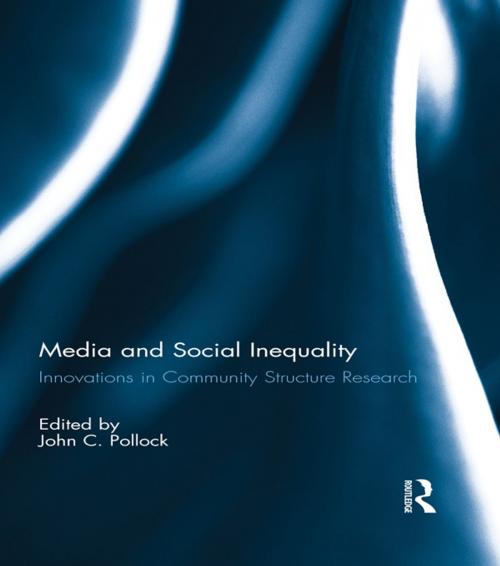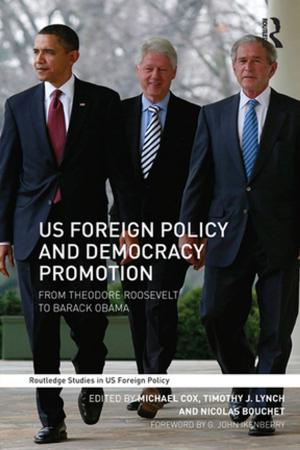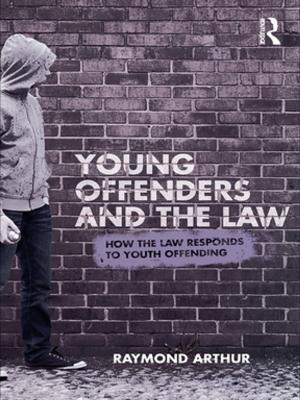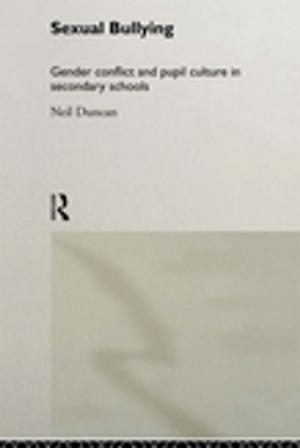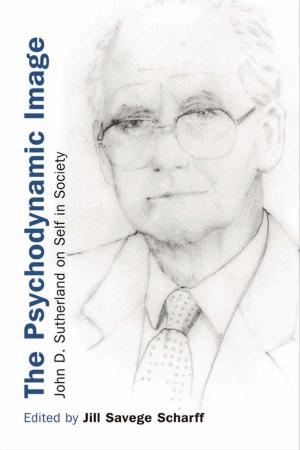Media and Social Inequality
Innovations in Community Structure Research
Nonfiction, Social & Cultural Studies, Social Science| Author: | ISBN: | 9781317981015 | |
| Publisher: | Taylor and Francis | Publication: | June 11, 2014 |
| Imprint: | Routledge | Language: | English |
| Author: | |
| ISBN: | 9781317981015 |
| Publisher: | Taylor and Francis |
| Publication: | June 11, 2014 |
| Imprint: | Routledge |
| Language: | English |
This book is among the first to systematically explore the impact of community inequality on reporting political and social change. Although most journalism scholars are still fascinated by the impact of media on society, Media and Social Inequality explores the reverse perspective: the impact of society on media. Using a 'community structure' approach, and rejecting the perspective that studies of media and audiences can be reduced to the individual level of psychological phenomena, all contributions examine connections between community-level 'macro' characteristics and variations in the coverage of critical issues. This innovative book differs from previous community structure volumes in two ways. First, contributions explore a far wider range of community characteristics by employing creative methodologies, modern archives, and databases that facilitate larger, more diverse samples; multilevel and longitudinal analyses; composite measures of both 'content' and editorial judgment; new technologies; and social network analysis. Second, a traditional emphasis on media as instruments of political and social 'control' is replaced by media as potential mirrors of social 'change,' exploring 'bottom-up' measures of 'vulnerability', 'concentrated disadvantage', and 'ethnic diversity/pluralism'. The volume contains two original chapters: one on nationwide US coverage of the "Occupy" movement in the expanded introduction, and another on nationwide US coverage of universal health care.
This book was originally published as a special issue of Mass Communication and Society.
This book is among the first to systematically explore the impact of community inequality on reporting political and social change. Although most journalism scholars are still fascinated by the impact of media on society, Media and Social Inequality explores the reverse perspective: the impact of society on media. Using a 'community structure' approach, and rejecting the perspective that studies of media and audiences can be reduced to the individual level of psychological phenomena, all contributions examine connections between community-level 'macro' characteristics and variations in the coverage of critical issues. This innovative book differs from previous community structure volumes in two ways. First, contributions explore a far wider range of community characteristics by employing creative methodologies, modern archives, and databases that facilitate larger, more diverse samples; multilevel and longitudinal analyses; composite measures of both 'content' and editorial judgment; new technologies; and social network analysis. Second, a traditional emphasis on media as instruments of political and social 'control' is replaced by media as potential mirrors of social 'change,' exploring 'bottom-up' measures of 'vulnerability', 'concentrated disadvantage', and 'ethnic diversity/pluralism'. The volume contains two original chapters: one on nationwide US coverage of the "Occupy" movement in the expanded introduction, and another on nationwide US coverage of universal health care.
This book was originally published as a special issue of Mass Communication and Society.
